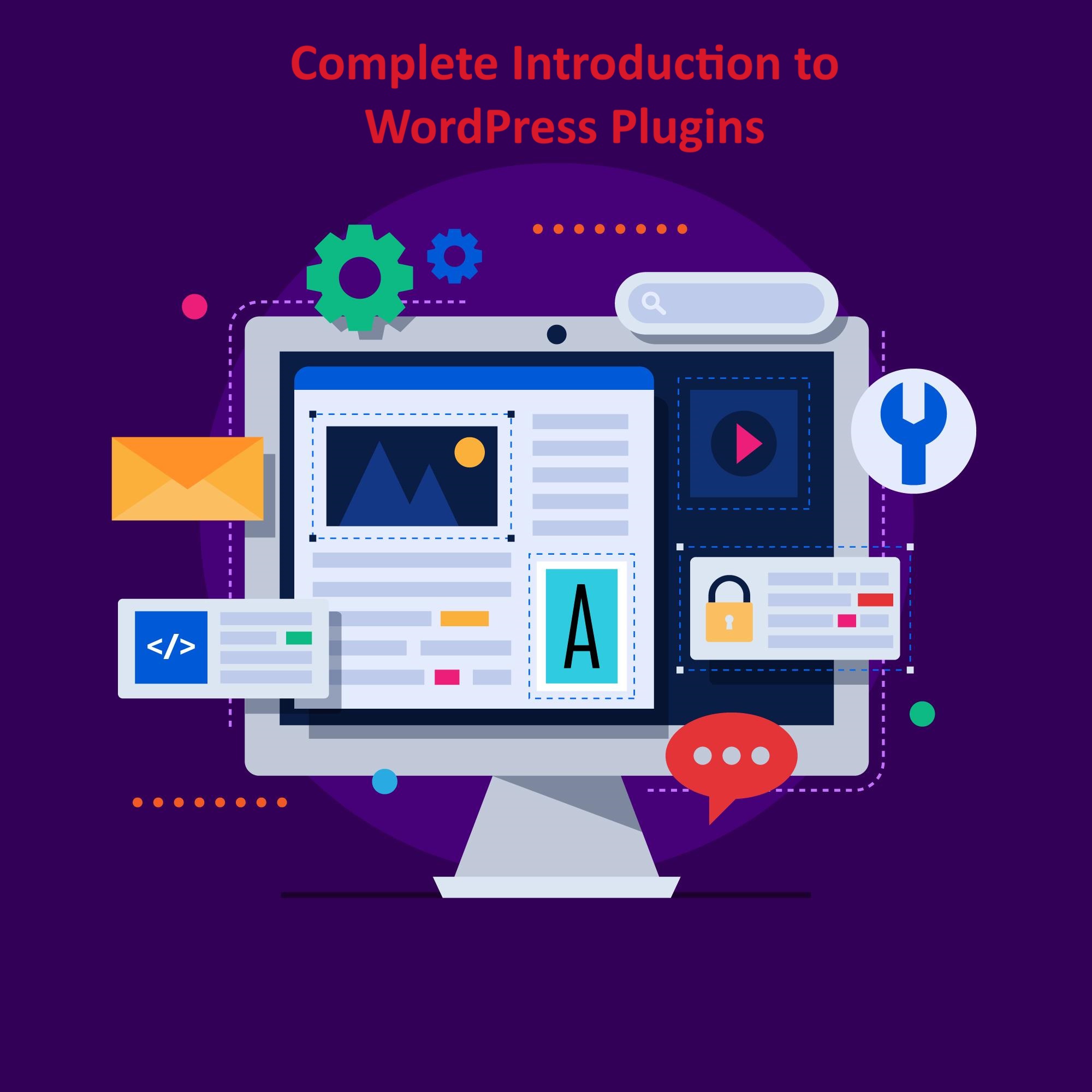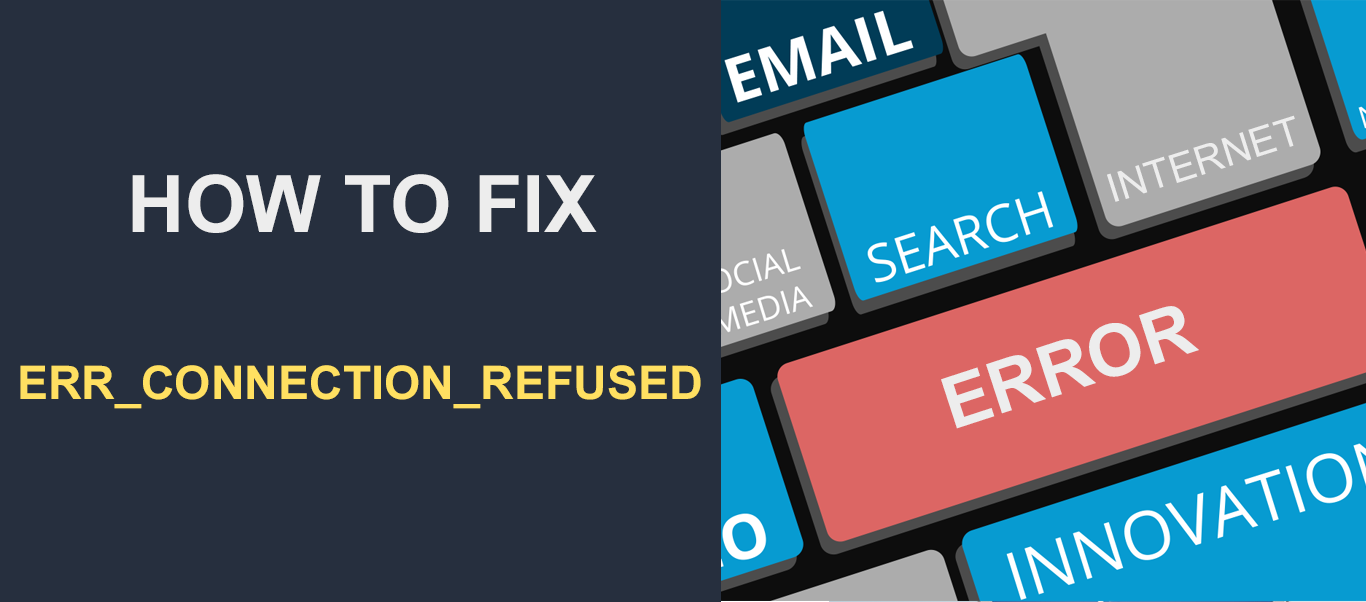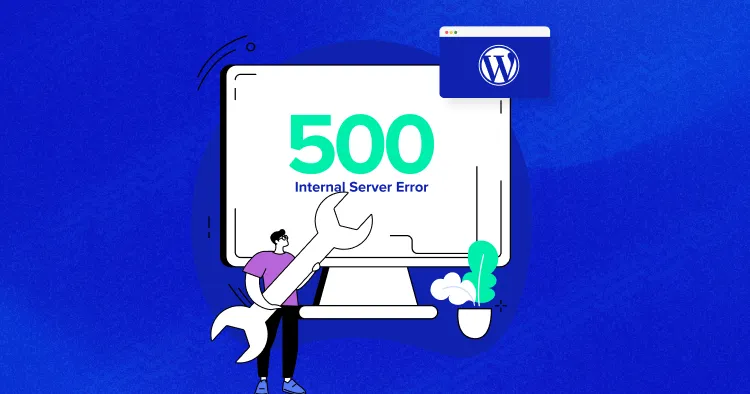WordPress plugins are pieces of software that add specific features or functionality to your WordPress website.
They extend the core functionality of WordPress and allow you to customize your site without needing to write code.
Plugins are written in PHP and follow the WordPress coding standards.
They can be developed by anyone, from individual developers to large companies, and are available for download from the official WordPress Plugin Directory or third-party sources.
Table of Contents
Here’s a complete introduction to WordPress plugins:
1. What are WordPress Plugins?
- WordPress plugins are software components that can be installed on a WordPress website to add new features or enhance existing functionality.
- They are written in PHP and follow the WordPress coding standards.
- Plugins can be developed by anyone, from individual developers to large companies, and are available for download from the official WordPress Plugin Directory or third-party sources.
2. Why Use WordPress Plugins?
- Plugins allow you to add new features or functionality to your website without having to write custom code.
- They enable you to customize your website to meet specific requirements or business needs.
- Plugins can save time and effort by providing pre-built solutions for common tasks or functionalities.
3. Types of WordPress Plugins:
- Free vs. Premium: Free plugins are available for download at no cost from the WordPress Plugin Directory, while premium plugins are paid and offer additional features or support.
- Functionality: Plugins can add a wide range of functionality, such as SEO optimization, contact forms, e-commerce capabilities, security enhancements, performance optimization, social media integration, and more.
- Integration: Some plugins integrate with third-party services or platforms, such as email marketing tools, payment gateways, CRM systems, and analytics platforms.
4. Installing and Managing WordPress Plugins:
- Plugins can be installed directly from the WordPress admin dashboard by navigating to Plugins > Add New and searching for the desired plugin.
- You can also upload plugins manually by downloading them from the WordPress Plugin Directory or third-party sources and uploading the plugin ZIP file.
- Once installed, activate the plugin to enable its functionality on your website.
- You can manage installed plugins from the Plugins screen in the WordPress admin dashboard, where you can activate, deactivate, update, or delete plugins as needed.
5. Best Practices for Using WordPress Plugins:
- Choose Quality Plugins: Select plugins from reputable developers with good reviews and regular updates.
- Keep Plugins Updated: Regularly update plugins to ensure they remain compatible with the latest version of WordPress and to patch security vulnerabilities.
- Limit Plugin Usage: Avoid installing too many plugins, as they can impact website performance and security.
- Test Before Installing: Test plugins in a staging environment before installing them on a live website to ensure they work as expected and don’t conflict with other plugins or themes.
WordPress plugins are easy to install and manage. Users can install plugins directly from the WordPress admin dashboard by navigating to Plugins > Add New and searching for the desired plugin.
They can also upload plugins manually by downloading them from the WordPress Plugin Directory or third-party sources and uploading the plugin ZIP file. Once installed, plugins can be activated, deactivated, updated, or deleted from the Plugins screen in the WordPress admin dashboard.
While plugins are powerful tools for extending the functionality of a WordPress website, it’s essential to choose quality plugins from reputable developers with good reviews and regular updates.
Users should also keep plugins updated to ensure compatibility with the latest version of WordPress and to patch security vulnerabilities.
Additionally, it’s advisable to limit the number of plugins installed on a website to avoid performance and security issues.
WordPress plugins are powerful tools that allow you to extend the functionality of your website and create a customized online presence.
By understanding how plugins work and following best practices for their usage, you can enhance your WordPress site with the features and functionality you need.




